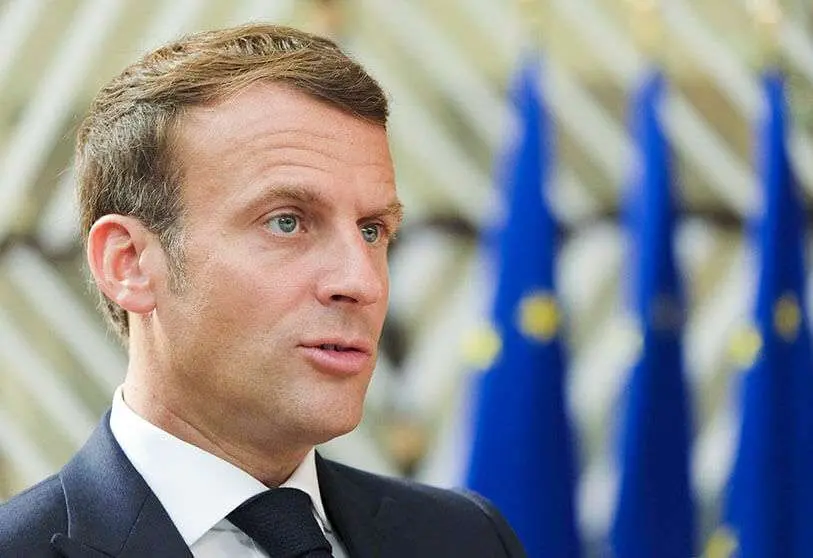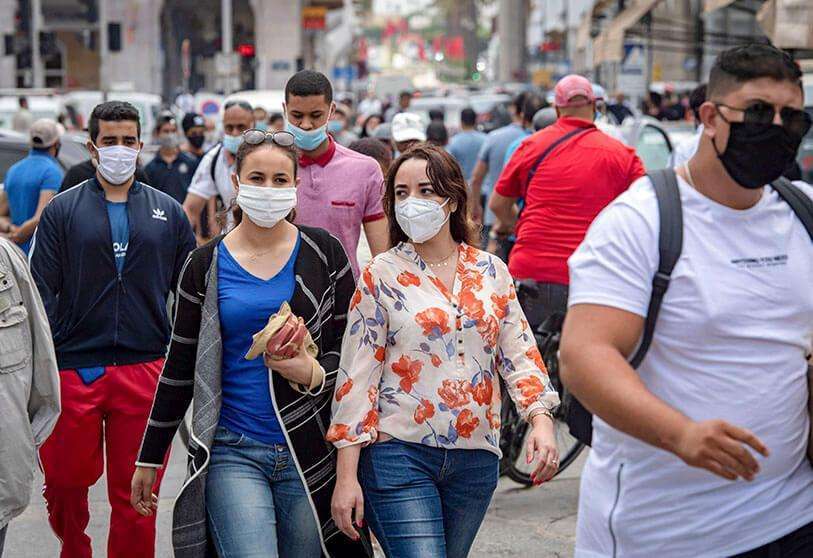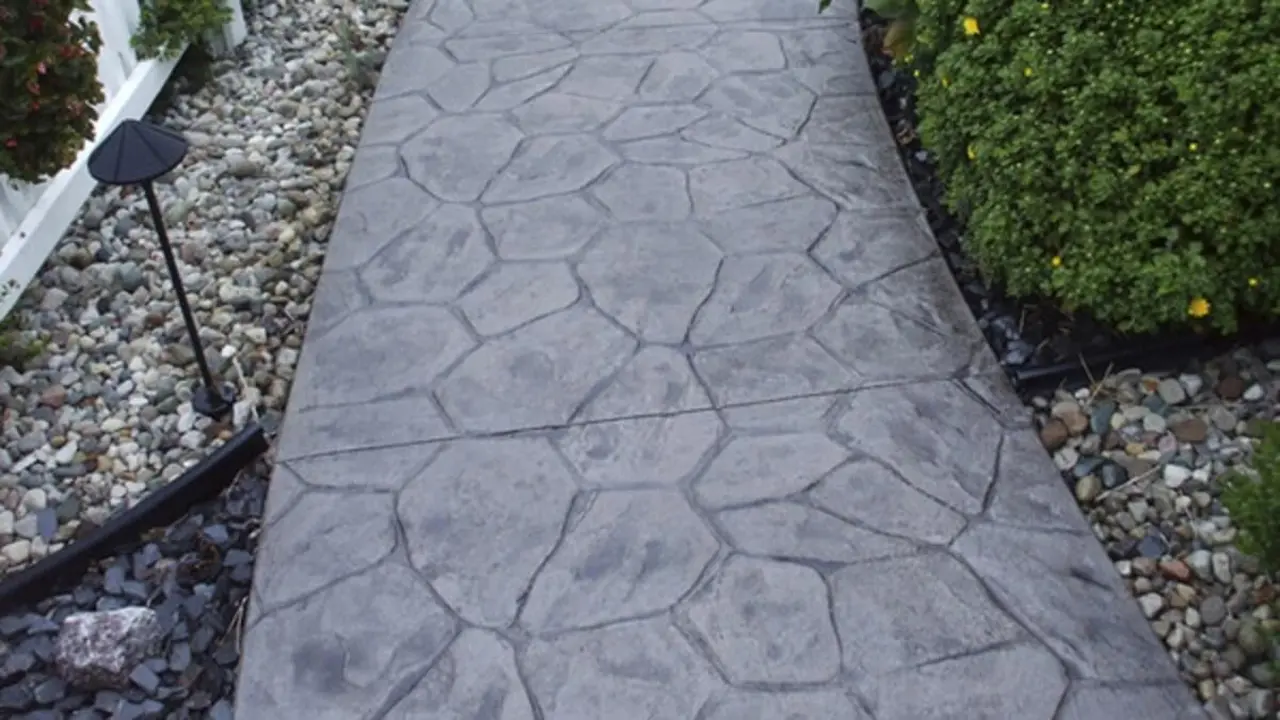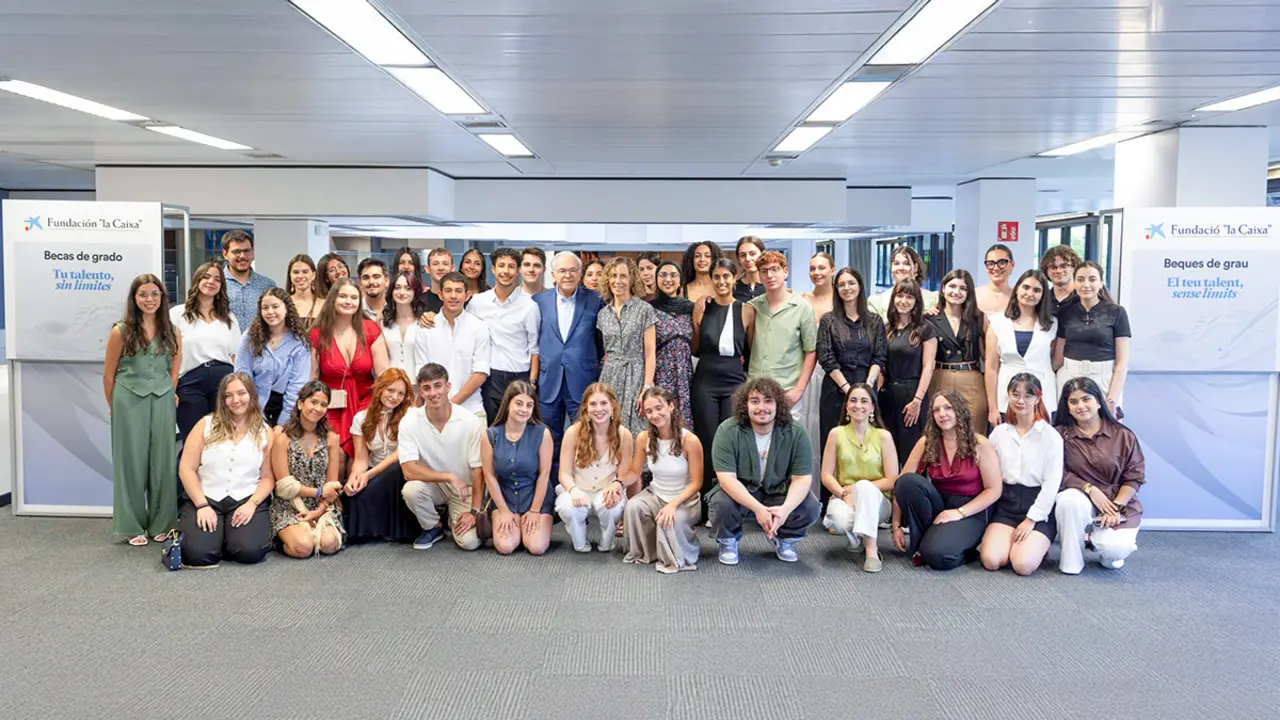France to require vaccination for all travellers from Morocco

Since the arrival of the HIV/AIDS pandemic, it has been clear to governments around the world that border closures were one of the resources they were going to have to use sooner or later with certain countries. Now, with the arrival of the long-awaited vaccine against the virus, the measures are very different. Instead of total closure - something that some, such as the United States, still maintain with EU countries - there is a call for a vaccination letter or, failing that, a PCR or antigen test with a negative result.
What has also been a factor throughout this time has been the speed with which the different waves of infection have evolved. As a result, measures, such as infection data, are constantly changing. That is why the French government, through the Ministry of Solidarity and Health, issued a decree last Thursday in the country's official gazette stating that, as of Saturday 21 August, all travellers from Algeria and Morocco must be fully vaccinated to cross French borders.

Both were previously considered "countries where active virus circulation is observed in controlled proportions, without the concern of variant transmission". However, Moroccans and Algerians - who, moreover, are not at their best in terms of diplomatic relations - are now in the third risk category, according to France's criteria. Until now, Morocco and Algeria were orange on the COVID-19 risk map, but now they are red, increasing the restrictions for all those who wish to enter France from both countries.
As far as France is concerned, these are destinations "where an active circulation of the virus is observed with the presence of variants of concern". However, for those already fully vaccinated, the changes are not too drastic. There are three requirements for these: vaccination certificate, negative PCR test carried out at least 48 hours before embarkation and health card. Those who are not vaccinated, on the other hand, will no longer be allowed to enter Morocco for tourism. In fact, they will have to prove a convincing reason to be able to travel there.

For French nationals on Moroccan soil, the restrictions are different but more stringent than when they were on orange alert. They are allowed to enter France on condition that they present a negative PCR test less than 48 hours before their flight, take an antigen test on arrival at the airport and undergo a ten-day quarantine controlled by the security forces. For those in Algeria, the measures are the same, and as they are vaccinated, it will be sufficient to present the vaccination letter with the full vaccination schedule.
Tourism - the sector that has suffered most since the arrival of the pandemic - is once again the hardest hit by these restrictions. In addition to the restrictions now imposed by the French government, there are also restrictions imposed by the countries themselves that make it even more difficult for tourists from all over the world to arrive. For example, the curfew, in force from 9 p.m. to 5 a.m. in Morocco and from 8 p.m. to 6 a.m. in certain regions of Algeria. This is compounded by the slowness of both countries to immunise their populations. According to John Hopkins University, one third of the population is fully vaccinated in Morocco, while in Algeria, vaccination coverage does not even reach 2% of the population.







